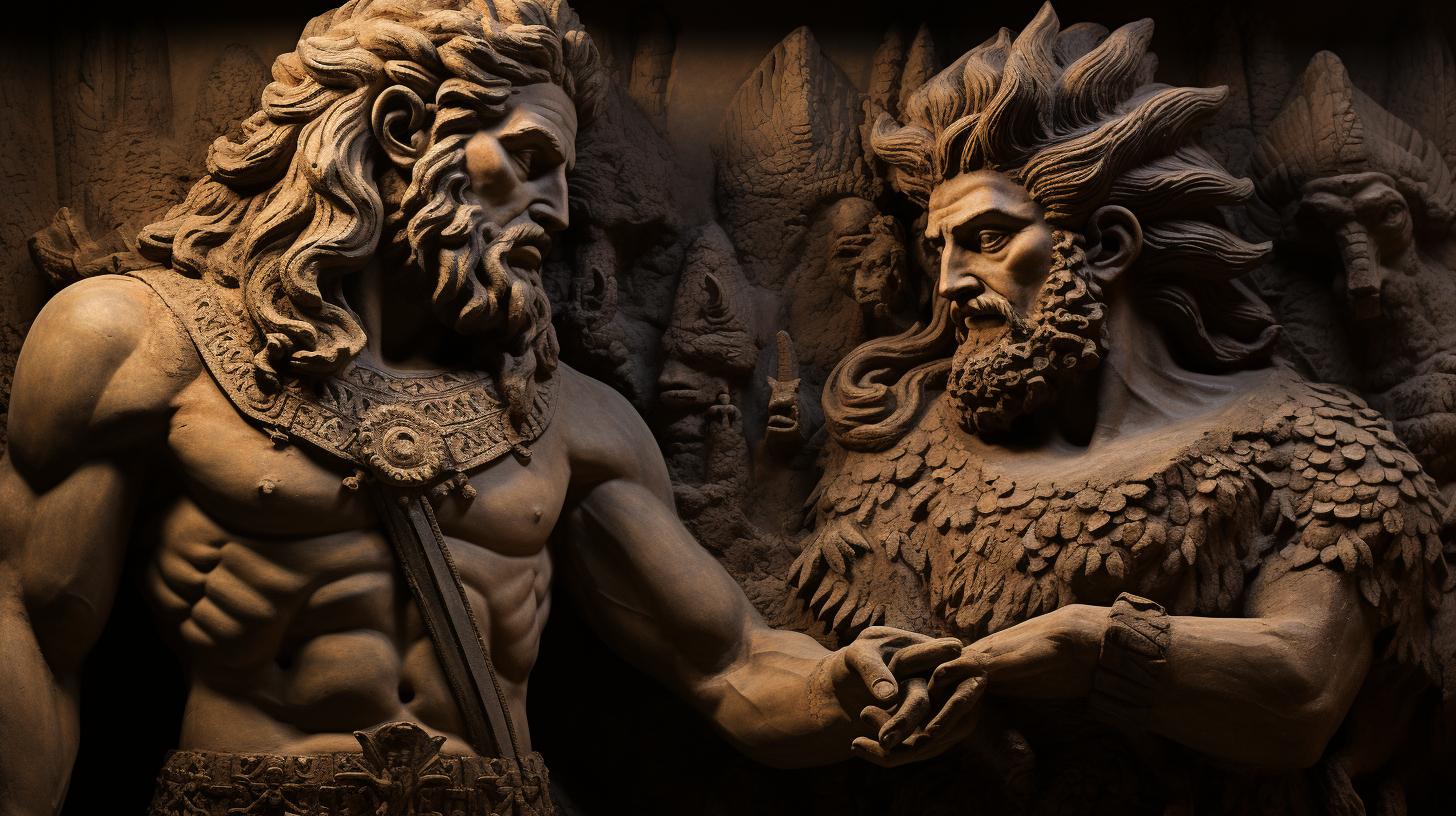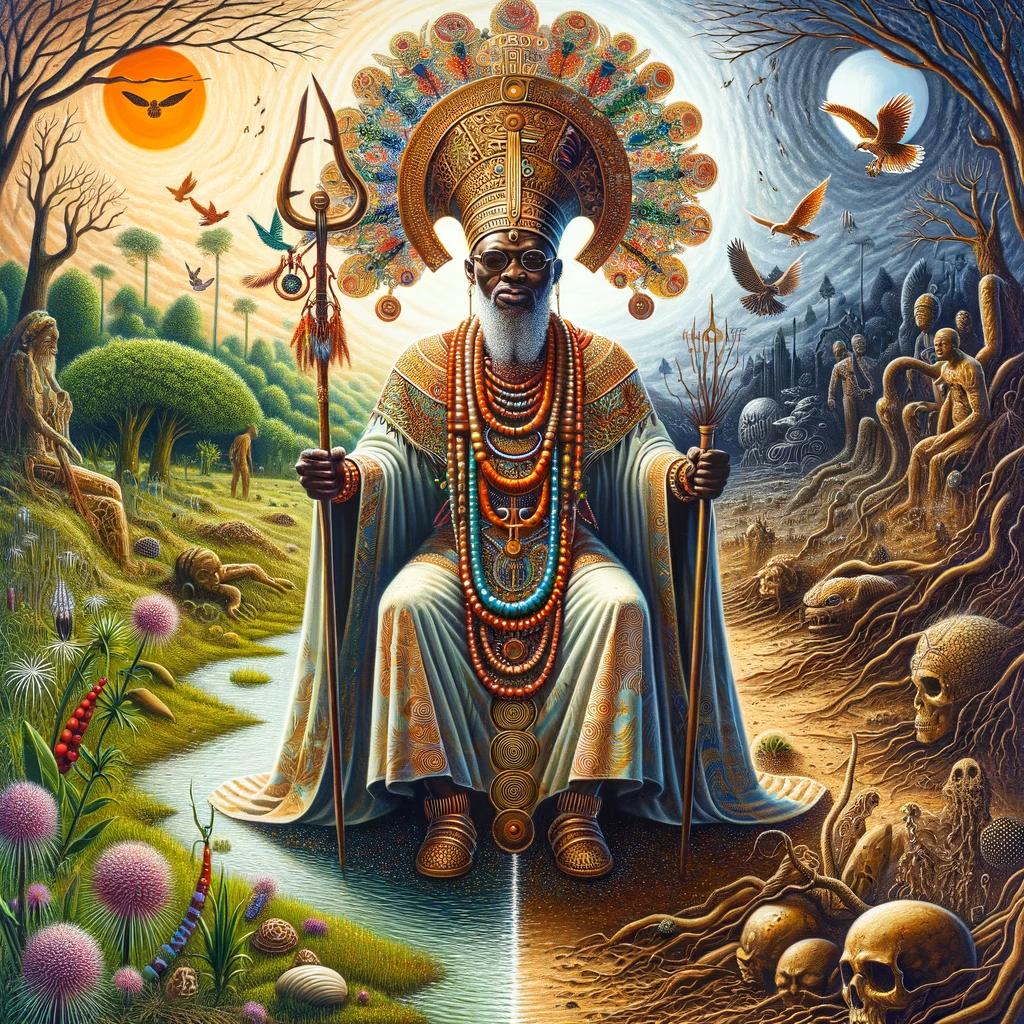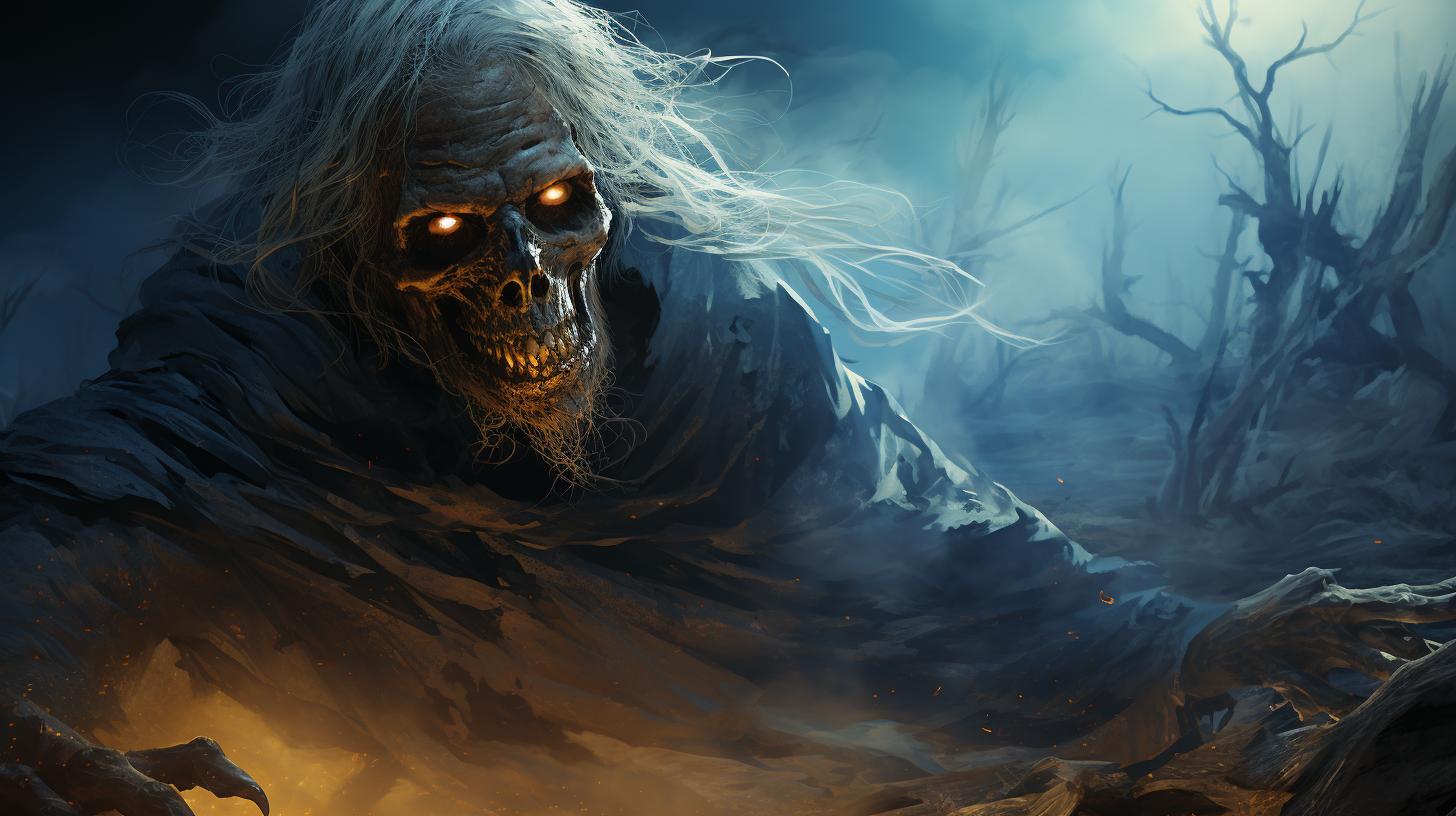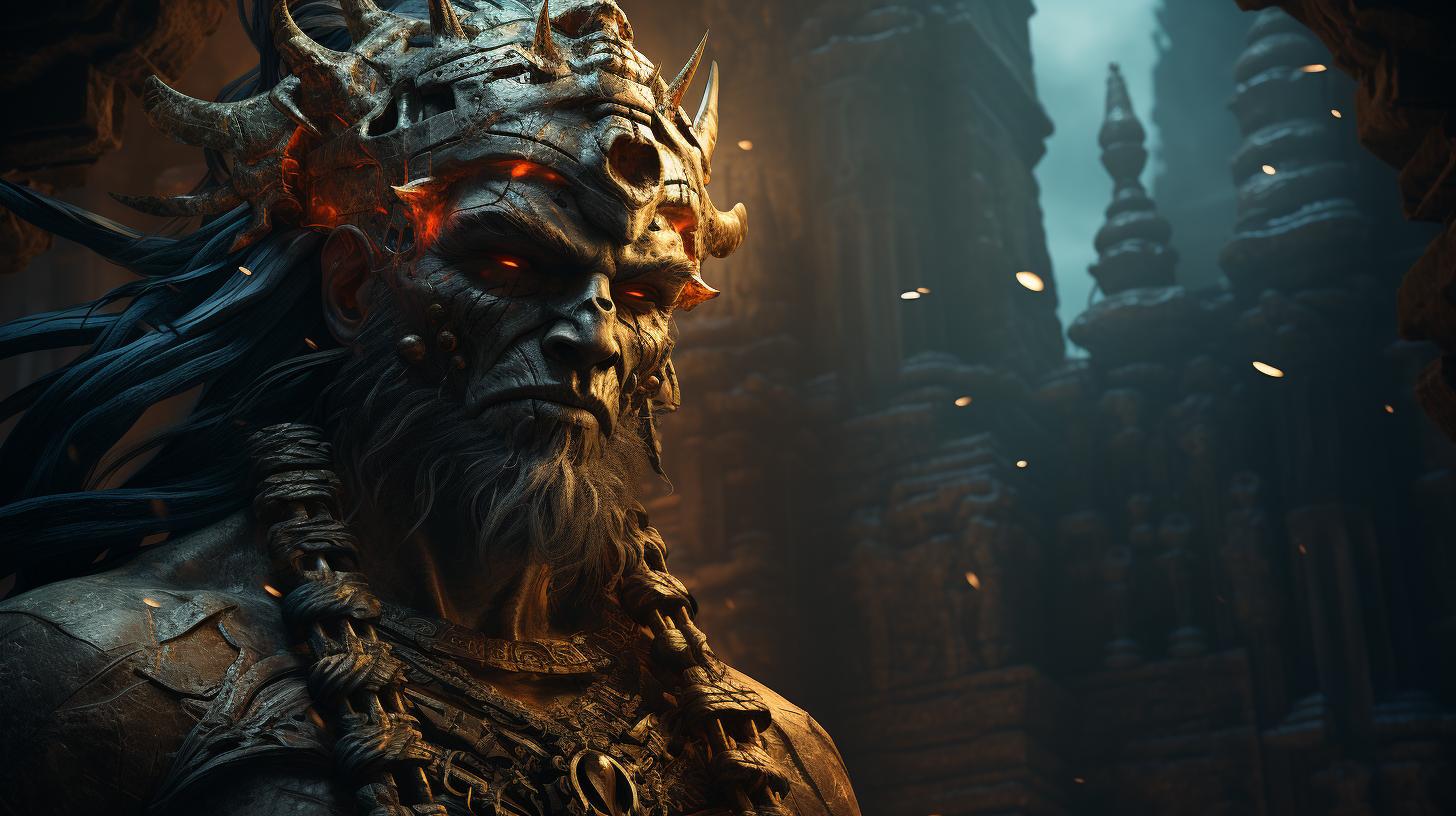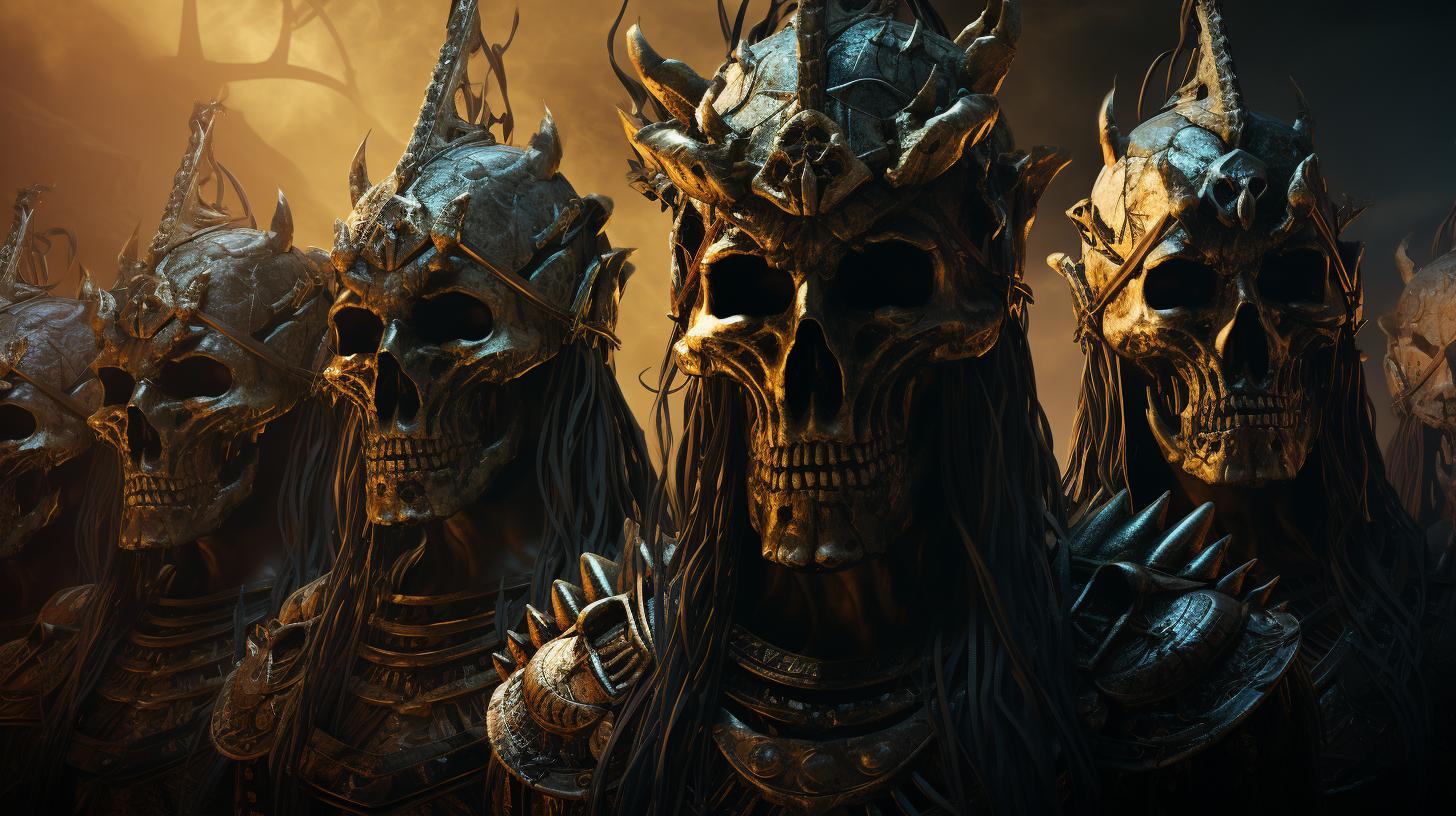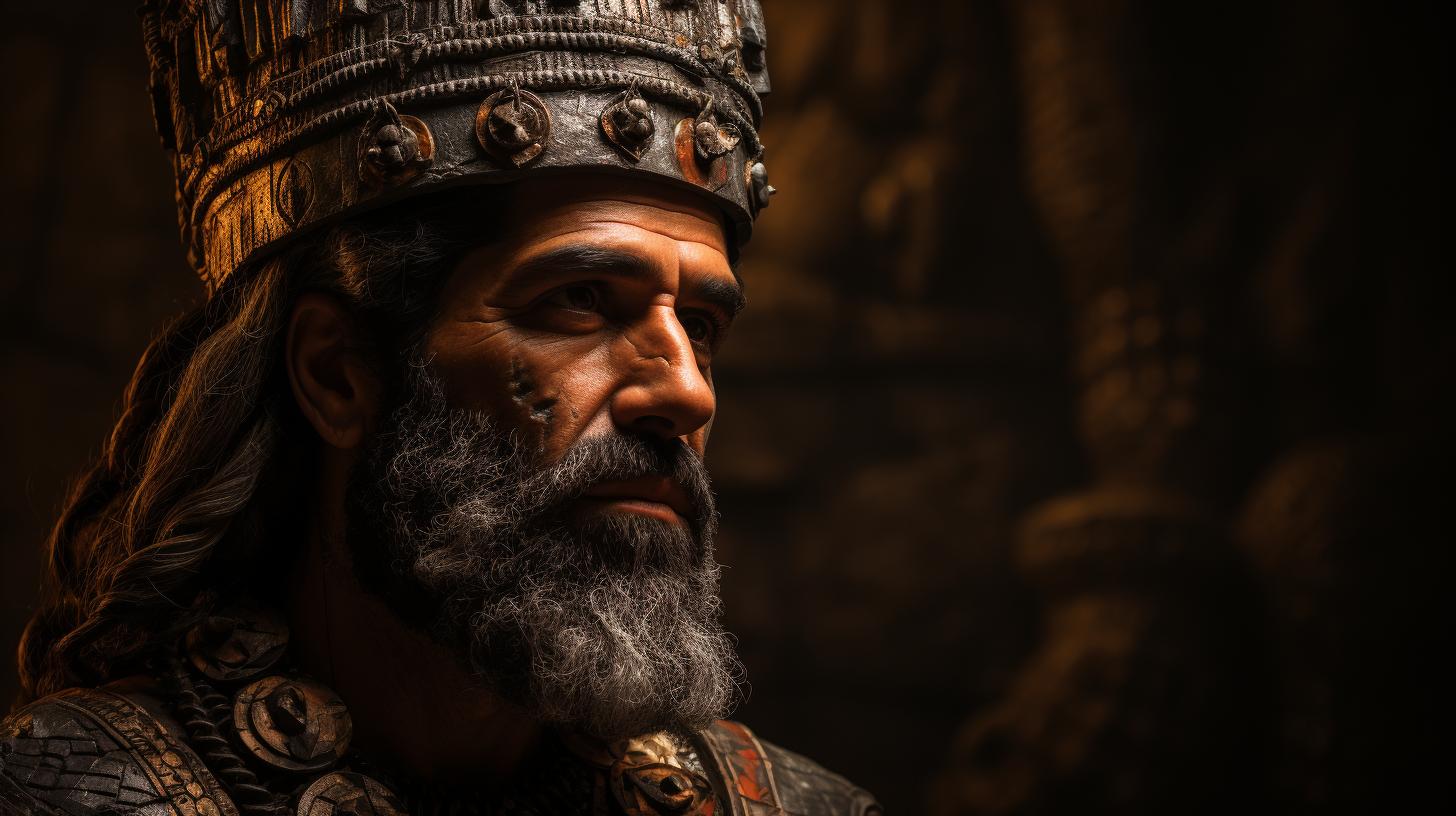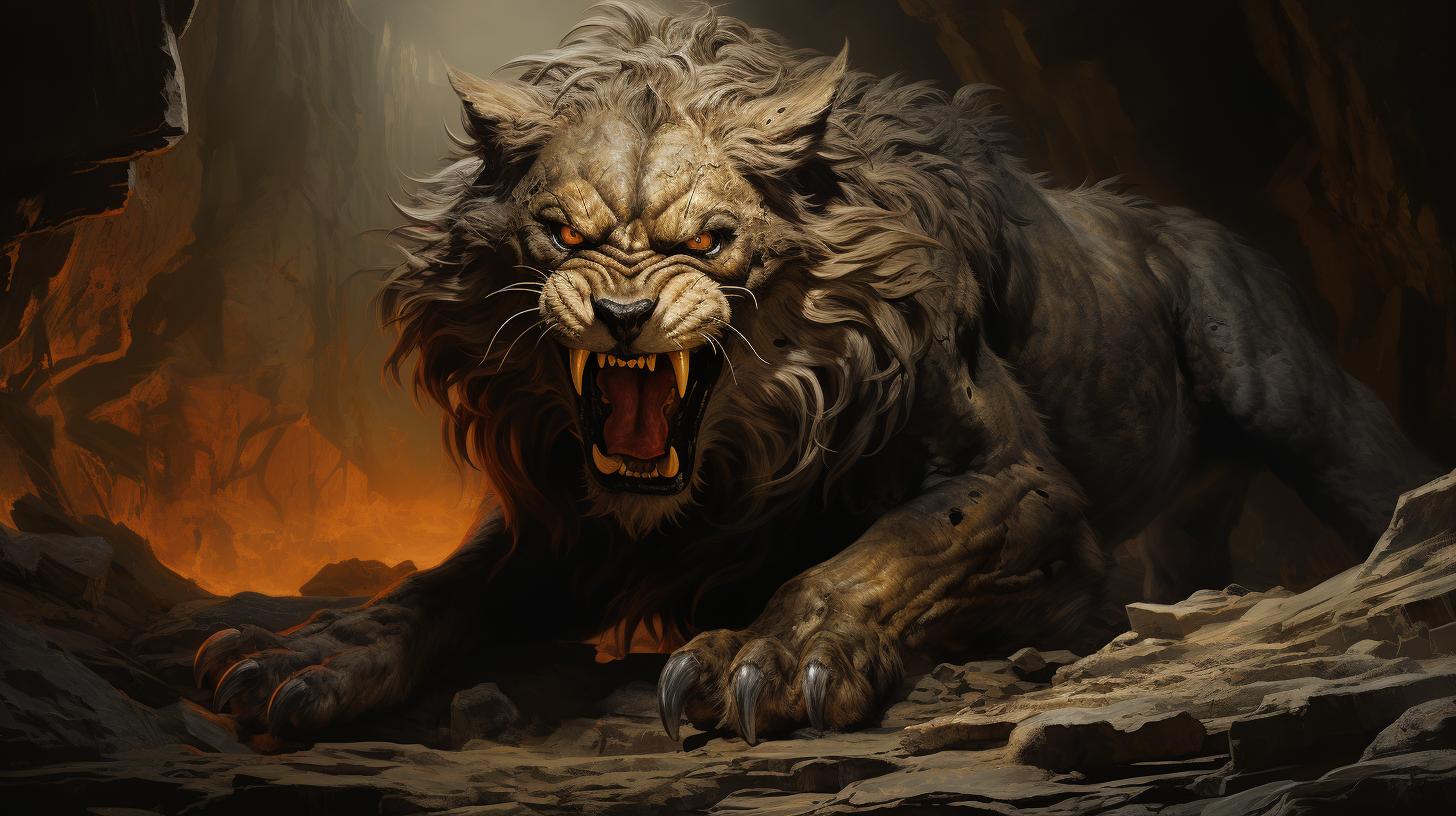Why Did Gilgamesh Slay Humbaba: Unraveling the Ancient Epic
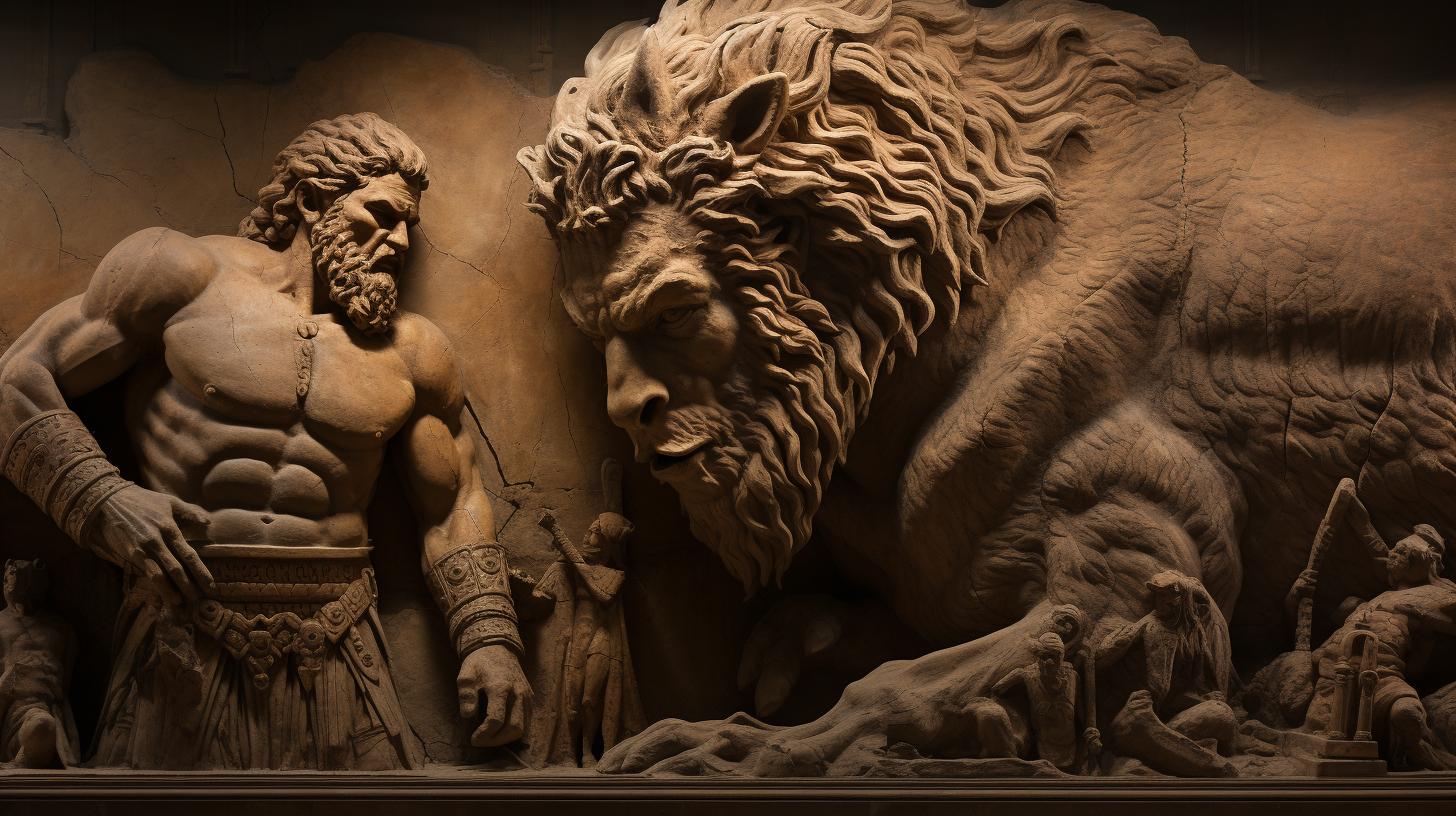
Gilgamesh’s decision to kill Humbaba in the ancient epic raises intriguing questions. The encounter between Gilgamesh and Humbaba, set in the Forest of Cedars, unveils the motives behind their conflict.
Enkidu’s role and motivations also come into play, leading to a chain of events with divine involvement. A comparative analysis between David and Gilgamesh sheds light on contrasting motivations and the futility of unnecessary confrontation.
Delving into these aspects, this article aims to explore the reasons behind Gilgamesh’s fateful decision.
Exploration of Gilgamesh and Humbaba’s Encounter
When delving into the epic tale of Gilgamesh and Humbaba, there are several intriguing aspects to explore. This section aims to uncover the motivations and circumstances behind Gilgamesh’s fateful decision to seek the death of Humbaba, the guardian of the cedar forest.
Why Did Gilgamesh Seek to Kill Humbaba?
One can ponder over the driving forces behind Gilgamesh’s determination to slay Humbaba. What impelled him to venture into the cedar forest and face the fearsome guardian? Unveiling the rationale behind this desire for confrontation is pivotal in understanding the depth of Gilgamesh’s character and ambitions.
The Forest of Cedars: Setting the Stage
The cedar forest, a majestic and revered domain, serves as the backdrop for Gilgamesh’s encounter with Humbaba. This ancient forest holds great significance, symbolizing power and abundance. Exploring the forest’s prominence in the story lays the foundation for comprehending the weight of Gilgamesh’s decision and the potential conflicts that arise within this sacred space.
Enkidu’s Role and Motivations
Enkidu, Gilgamesh’s loyal companion, plays a significant role in the events leading up to the fateful encounter with Humbaba. Examining Enkidu’s motivations and the influence he wields over Gilgamesh’s decisions provides valuable insights into the dynamics of their relationship, shedding light on Enkidu’s own motivations and contributions to the quest.
The Sumerian Version: Unveiling the Reasons behind the Conflict
The Sumerian version of the epic of Gilgamesh provides valuable insights into the underlying reasons behind the conflict with Humbaba. This ancient narrative offers a different perspective on the events, revealing the motivations that drove Gilgamesh and Enkidu to confront the fearsome ogre.
Galeššar: A Different Perspective
Galeššar, the Sumerian name for the Cedar Forest, sets the stage for the encounter between Gilgamesh and Humbaba. In this version, the forest is depicted as a divine realm, linked to the gods and their sacred cedars.
The significance of Galeššar sheds light on why Gilgamesh sought to venture into this forbidden domain.
Gilgamesh’s Provocation and Enkidu’s Wrath
Upon their arrival in the Cedar Forest, Gilgamesh and Enkidu encounter Humbaba, the guardian of the sacred trees. In a display of overconfidence, Gilgamesh provokes Humbaba, offering him ridiculous gifts to diminish his power.
Enkidu, driven by anger and a sense of justice, ultimately decides to take matters into his own hands and slays Humbaba by cutting his throat.
This Sumerian version presents a complex dynamic between Gilgamesh and Enkidu, with Enkidu’s wrath acting as a catalyst for Humbaba’s demise.
While Gilgamesh’s role in the act is more passive, it emphasizes the ambivalence of Mesopotamian mythology.
The motivations behind Gilgamesh and Enkidu’s decision to confront and kill Humbaba are multifaceted.
On one hand, their actions are driven by a desire to secure their own fame and prestige. Humbaba’s removal ensures the perpetuation of their legacy and reputation among mortals. On the other hand, there is a sense of duty to protect the divine realm and its sacred cedars, as Galeššar holds significant spiritual and cultural importance.
By unraveling the Sumerian version of the epic, we gain a deeper understanding of the intricate motives that led to the fateful encounter between Gilgamesh and Humbaba. This alternative perspective adds layers of complexity to the narrative, shedding light on ancient beliefs and the nuanced dynamics between gods, heroes, and their quests for fame and immortality.
The Gods’ Involvement in the Fate of Enkidu
The gods play a significant role in shaping the fate of Enkidu in the epic of Gilgamesh. Their intervention becomes evident in the divine assembly, where a heated discussion unfolds regarding the consequences of Gilgamesh and Enkidu’s actions.
The Divine Assembly: An Unsettled Verdict
Anu, Enlil, Ea, and Shamash, the powerful gods of the Mesopotamian pantheon, convene to deliberate the fate of Gilgamesh and Enkidu after their triumph over the Bull of Heaven and Humbaba.
The assembly is characterized by conflicting viewpoints and uncertain resolutions, reflecting the complex nature of divine justice and the gods’ varying interests.
Enkidu’s Death: Divine Retribution or Political Motivations?
While Enlil suggests that Enkidu should pay with his life for their transgressions, Shamash questions the fairness of such a verdict, considering Enkidu’s loyalty and his instrumental role in their achievements.
The motivations behind the gods’ leanings remain elusive, leaving room for speculation about possible political interests or divine retribution.
The gods’ involvement in the fate of Enkidu raises profound questions about their sense of justice and the extent of their control over mortals’ lives.
It showcases the intricacies of divine decision-making and the weight of their judgments on the destinies of heroes like Enkidu and Gilgamesh.
A Comparative Analysis: David vs. Gilgamesh
The comparison between the stories of David and Goliath, and Gilgamesh and Humbaba, provides intriguing insights into their contrasting motivations and consequences. While David faced a mortal enemy in Goliath, Gilgamesh’s decision to kill Humbaba was driven by his pursuit of unnecessary confrontations and the desire to cement his fame and reputation for eternity.
Contrasting Motivations and Consequences
David’s encounter with Goliath was a battle for survival and defense of his people. Goliath posed a genuine threat to the Israelites, and David’s courage and faith propelled him to confront this formidable foe.
The consequences of David’s victory were profound, as it solidified his status as a hero and a future king.
In contrast, Gilgamesh’s motivation to slay Humbaba was rooted in his need for affirming his power and leaving a lasting legacy.
Humbaba, although not an immediate threat, represented an opportunity for Gilgamesh to indulge in unnecessary violence and assert his dominance. This pursuit for personal glory ultimately led to unpredictable consequences and the tragic fate of Enkidu.
Reflections on the Futility of Unnecessary Confrontation
The comparison between David and Gilgamesh prompts us to reflect upon the futility of seeking out unwarranted conflicts. David’s confrontation with Goliath was driven by a just cause, while Gilgamesh’s actions stemmed from a desire for personal fame.
By discerning between the battles that truly matter and those that are merely displays of power, we can avoid the unnecessary destruction and tragic outcomes that plagued Gilgamesh’s journey.
As we analyze the stories of both David and Gilgamesh, it becomes clear that the significance lies not in the mere act of killing a formidable enemy, but in the purpose and righteousness behind such actions.
Understanding the contrasting motivations and consequences helps us navigate the choices and conflicts we face in our own lives, ensuring that we seek meaningful and justifiable battles that truly make a difference.
.

